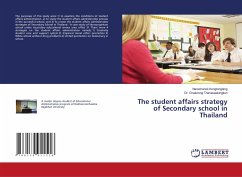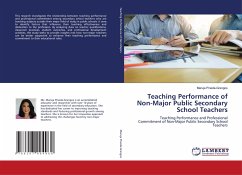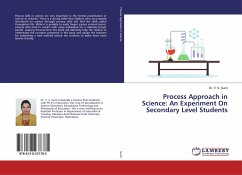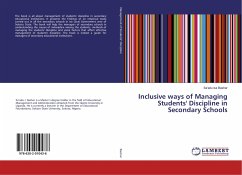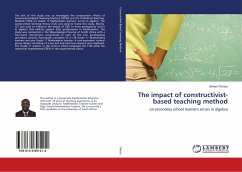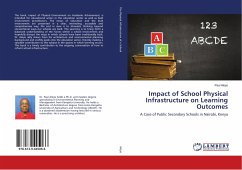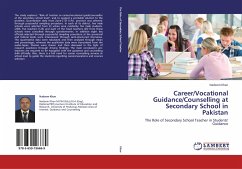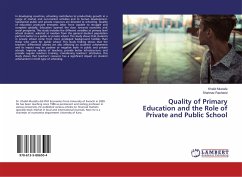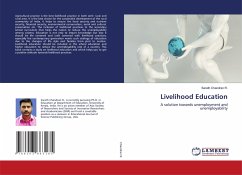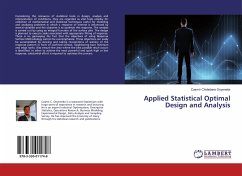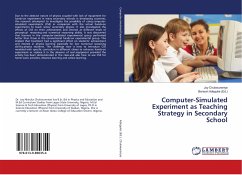
Computer-Simulated Experiment as Teaching Strategy in Secondary School
Versandkostenfrei!
Versandfertig in 6-10 Tagen
27,99 €
inkl. MwSt.

PAYBACK Punkte
14 °P sammeln!
Due to the abstract nature of physics coupled with lack of equipment for hands-on experiment in many secondary schools in developing countries, this research attempted to investigate the possibility of using computer-simulated experiments (CSE) in comparism with the actual hands-on experiments to teach senior secondary physics. It also investigated the effects of CSE on their achievement and interest at different levels of perceptual reasoning and numerical reasoning ability. It was discovered that learners in the computer-simulated experimental group performed better than those in the convent...
Due to the abstract nature of physics coupled with lack of equipment for hands-on experiment in many secondary schools in developing countries, this research attempted to investigate the possibility of using computer-simulated experiments (CSE) in comparism with the actual hands-on experiments to teach senior secondary physics. It also investigated the effects of CSE on their achievement and interest at different levels of perceptual reasoning and numerical reasoning ability. It was discovered that learners in the computer-simulated experimental group performed better than those in the conventional hands-on experimental group. This implied that treatment had a significant effect on students' achievement and interest in physics learning especially for low numerical reasoning ability physics students. The challenge now is how to introduce CSE modeled with specific curriculum in different climes to enhance hands-on experiment or replace it in the absence of real equipment provided the activity has been demonstrated in the class and also how to use CSE for home work activities, distance learning and online learning.



